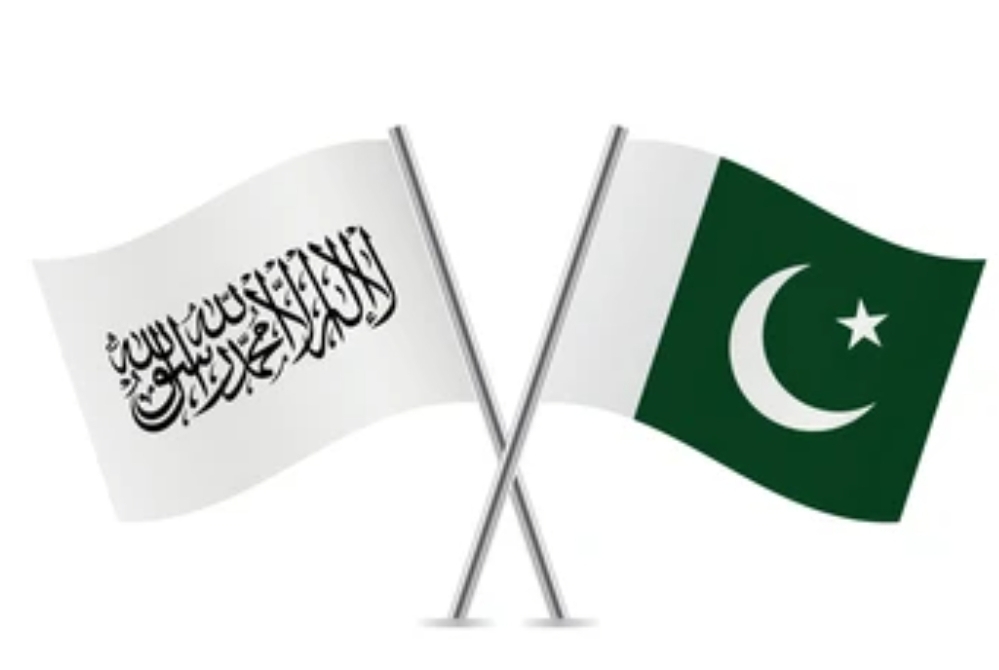
eurasianet: A attack earlier this year by the Islamic State of Khorasan Province (ISKP) on a Chinese restaurant in a supposedly secure district in the Afghan capital, Kabul, is a setback for the Taliban regime. Not only was it an embarrassment to the regime as it laid bare its limited capacity to provide foolproof security to foreign nationals; it is also likely to have drawn the ire of the Chinese, who have promised investment in Afghanistan. Ultimately, the incident offers additional evidence that, as a February report published by the UN Security Council states, the Taliban “provide a permissive environment for a range of terrorist groups.” Other countries keen on investing in Afghanistan will have taken note. More recently, the outbreak of sustained fighting between Taliban forces and the Pakistani military add to the uncertainty surrounding Afghanistan’s investment climate. Click here to read more (external link).

 Amu: Clashes between Taliban forces and Pakistani troops entered an eighth day on Thursday, with reports of scattered fighting across several eastern and southeastern provinces of Afghanistan and renewed airstrikes by Pakistan. Local sources told Amu TV that overnight and early morning clashes were reported in parts of Khost, Paktia, Paktika, Kunar, Nangarhar and Kandahar provinces in eastern Afghanistan. The engagements were described as sporadic exchanges of fire along sections of the Afghanistan-Pakistan border. Sources in Spin Boldak district of Kandahar province in south said Pakistani strikes there killed four civilians, including three women.
Amu: Clashes between Taliban forces and Pakistani troops entered an eighth day on Thursday, with reports of scattered fighting across several eastern and southeastern provinces of Afghanistan and renewed airstrikes by Pakistan. Local sources told Amu TV that overnight and early morning clashes were reported in parts of Khost, Paktia, Paktika, Kunar, Nangarhar and Kandahar provinces in eastern Afghanistan. The engagements were described as sporadic exchanges of fire along sections of the Afghanistan-Pakistan border. Sources in Spin Boldak district of Kandahar province in south said Pakistani strikes there killed four civilians, including three women.  Afghanistan International: Afghanistan has ranked last among 181 countries in the latest Women, Peace and Security Index published by the Georgetown Institute for Women, Peace and Security, recording the poorest performance on women’s rights. Denmark ranked first.
Afghanistan International: Afghanistan has ranked last among 181 countries in the latest Women, Peace and Security Index published by the Georgetown Institute for Women, Peace and Security, recording the poorest performance on women’s rights. Denmark ranked first. 

 Khaama: The Government of the United Kingdom said it has suspended the issuance of student visas for citizens of Afghanistan, Cameroon, Myanmar and Sudan, as well as work visas for Afghan nationals. Shabana Mahmood said in a statement on Tuesday, March 3, that Britain will continue to offer refuge to those fleeing war and persecution, but the visa system must not be exploited. The Home Office said asylum applications from students of those countries rose by more than 470% between 2021 and 2025. It added that a significant portion of individuals seeking asylum legally had initially entered Britain on student visas.
Khaama: The Government of the United Kingdom said it has suspended the issuance of student visas for citizens of Afghanistan, Cameroon, Myanmar and Sudan, as well as work visas for Afghan nationals. Shabana Mahmood said in a statement on Tuesday, March 3, that Britain will continue to offer refuge to those fleeing war and persecution, but the visa system must not be exploited. The Home Office said asylum applications from students of those countries rose by more than 470% between 2021 and 2025. It added that a significant portion of individuals seeking asylum legally had initially entered Britain on student visas. 
 The Guardian (UK): For the millions of Afghans living in Pakistan – many of them journalists, activists or former government officials who fled Taliban rule – the rising tension is translating into fear at their doorsteps. Richard Bennett, UN special rapporteur on human rights in Afghanistan, says returning to their country will put them at “real risk of violent retaliatory attacks”.
The Guardian (UK): For the millions of Afghans living in Pakistan – many of them journalists, activists or former government officials who fled Taliban rule – the rising tension is translating into fear at their doorsteps. Richard Bennett, UN special rapporteur on human rights in Afghanistan, says returning to their country will put them at “real risk of violent retaliatory attacks”.